Meditation is a personal thing
It’s a surprisingly personal thing for someone to guide you in meditation.
You invite them into your head.
You allow them to influence your thoughts and feelings.
You let them shape you with their words.
If you’ve ever done this, I wonder if you took the time to check them out first.
Asking them where they were going to take you.
Checking if their approach fits with what you care about.
Seeing if they are sensitive to your particular needs.
If you didn’t do that, I suspect you’re not alone.
While we’re used to evaluating many things, we don’t seem to do this with meditation.
Most of us seem content to let meditation be shrouded in magic and mystery, dressed up in poetry or the technicalities of science.
And off we go, hoping for the best.
This seems strange, because it’s not as if we don’t know how to evaluate things.
When we buy things we check them out beforehand, weighing up the pros and cons.
But we probably spend more time sussing out washing-up liquid than the meditation teachers we invite into our heads.
Why is that?
Is there something special about meditation that makes it immune to common sense?
I don’t think so.
We can take the same simple steps to evaluate meditation as we would anything else.
What does it do?
How does it work?
What are the pros and cons of a particular approach?
You don't need neuroscience or spiritual theories to get to grips with this.
You can answer all these questions with simple common sense.
All you need is a little critical curiosity.
The funny thing is that in many circles, asking these questions about meditation seems a bit naughty.
I remember the first time I asked a group of people if their meditation practice was working. There was an awkward silence, a giggle or two, and then someone piped up: “Are you allowed to ask that?”
It seems a little taboo.
Why this is so is an interesting question, perhaps for another time, but for now, if you’re interested in exploring it, here are three questions to get you started.
1. What do you want?
Approaches to meditation often skip over personal values and goals.
This is strange because most people who approach meditation want to get something out of it.
Ignoring what you want is also a bit dodgy, because every meditation system has goals and values embedded in it. So if you’re not careful, before you know it you’ll have embarked on a project with goals that may not be your own.
So, to remedy this, ask yourself, what do you want from meditation?
Is there anything you want more of or less of in your life?
If you do want something, does the meditation system you’re considering do what you want it to do?
And if you get dirty looks when you ask this, well, that’s useful information too.
2. Does it make sense?
Meditation instructions often don’t explain themselves.
They tell you what to do, but usually not why. It’s a kind of “try it first and understand later” model.
Perhaps this is a hangover from the days when one teacher worked with large groups of people. And of course that’s now evolved into one app teaching millions of people. That’s good for reach and scale, but not so good for personal understanding. And without understanding, you lose your agency.
So to fix this, look at whatever you are going to do and see if it makes sense to you.
Do you understand what you are going to do, why it works and how to do it?
Could you explain it to someone else without using fancy words or jargon?
If not, can you discuss it with someone who does?
By the way, there’s no reason why you can’t enjoy this process.
You're discovering how you tick and how to make sense of it for yourself.
This is an area of 'aha' moments and light bulbs going off.
3. Is it a comfortable fit?.
When we learn something, it's as if we've moved into a space created by someone else.
How does it feel when you're in a meditation learning space?
Are you comfortable?
Do you feel welcome?
Can you be yourself?
Or do you feel you have to leave parts of yourself outside?
The bumpy parts. The loud parts. The messy parts.
Even better than allowing every part of you in, does the learning space actively want to adapt to you?
You can tell if it does because it will have feedback mechanisms in place to make this happen. You will see and feel it actively adapting to fit you.
There are more questions you can ask about meditation but the key is to embrace and even enjoy the questioning itself.
Of course we can't know everything, and at some point we have to try things to see for ourselves.
But giving up questioning altogether can be a recipe for things not working as well as they might. At best, this is disappointing or annoying. At worst it can be harmful.
Fortunately, we all know how to question things, and so we can find a way to meditate that suits our particular needs.
Any questions? Feel free to send me an email or schedule a free conversation about mindfulness coaching.
